The political direction of the country directly influences capital, investor confidence and the future of each business, claims Cristina Chiriac, president of the National Confederation for Women's Entrepreneurship (CONAF), noting that female entrepreneurship, especially in the area of SMEs, is the first to feel the effects of an uncertain political climate.
"Romania is preparing to vote in the second round of the presidential elections, in a context in which economic fragility and social polarization are reaching a critical threshold. We no longer have the luxury of treating the elections as a symbolic exercise or of voting with the ease of those who believe that the stakes are abstract. As a doctor in economics and an entrepreneur, but also as president of the largest organization dedicated to female entrepreneurship in Romania, I can say with all responsibility: the political direction of the country directly influences capital, investor confidence and the future of each business. Female entrepreneurship, especially in the area of SMEs, is the first to feel the effects of an uncertain political climate: more difficult access to financing, sudden legislative changes, postponements of government support programs," said Cristina Chiriac, in a statement sent to AGERPRES on Monday.
According to her, Romania's economy is strongly integrated into the European single market. In 2023, over 71% of the country's exports were to European Union countries, according to INS and Eurostat data. Active European funds, including those from the PNRR, available in the 2021-2027 financial year, exceed 40 billion euros and support vital projects for infrastructure, education, health and green transition.
"Any signal of political instability, any flirtation with Euroscepticism or isolationist speeches can endanger the country's rating, the attraction of investments and even the exchange rate. These are not abstract theories: they are direct effects, already felt in economies that have decoupled from the European space. Relevant examples are Hungary or Poland, which have faced rating fluctuations and investor concerns due to political decisions," emphasized Cristina Chiriac.
She mentioned that stock markets react quickly to uncertainty and specified that, in Romania, the recent fluctuations of the reference indices prove, once again, that the capital market is the most sensitive barometer of political decisions. Investors react to figures and to the signals transmitted by the public discourse. There is a relationship of interdependence between political stability and investor confidence. Elections are not isolated events: they trace real trajectories for the market, currency, capital.
"What comes next if we deviate from the European direction? A president who sabotages international partnerships or sends contradictory messages to the EU and NATO can lead to: decreased investor confidence, increased financing costs, legislative instability and, implicitly, blockages in the private sector. For small and medium-sized enterprises, for entrepreneurs who live off fair contracts and development plans, the lack of fiscal and political predictability is a major risk, not a theoretical scenario. And for the state? A budget under pressure, with revenues affected by the departure of capital and the decrease in consumption. In this context, promises to increase pensions and salaries become simple statements without coverage," says Cristina Chiriac.
She argues that, although the president does not have direct prerogatives in fiscal policy, he profoundly influences the economy by appointing the prime minister, by external positions, by vetoing certain laws or by referring them to the Constitutional Court.
In her opinion, Romania needs a president who understands the balance between sovereignty and international cooperation, between political will and financial discipline. We need leaders who can create trust - both in business and in society. Especially now, when inflation remains a threat, private investments need protection, and our competitiveness depends on the ability to attract know-how and capital, not to repel them.
"My call is simple. It is not a moment for anger. It is a moment for lucidity. For responsibility. I urge you to go to the vote. Choose the European direction. Staying on the European direction means pragmatism, not obedience. It means access to know-how, to the common market, to cheap capital. It means a Romania that matters and decides, not one that contests and loses. Choose stability. Choose a Romania that can be competitive, connected and dignified. The future is not guaranteed. It is won. It is built step by step, vote by vote, election by election," said Cristina Chiriac.
CONAF was created as a result of the need to create a modern, sustainable and equitable entrepreneurial culture, not only for female entrepreneurship, but also for the entire business environment. CONAF has 30 branches, 2 federations, 12 employers' associations, 38 associations and over 5,500 companies, over 245,000 employees.
Among CONAF's projects, there are the "Youth Pact", the "Entrepreneurship Education Marathon". "DigitalUP". "Labor Pact" - in partnership with FPPG, the "Entrepreneurship Education Pact", the "Romanian Venture Forum" series of open dialogues, "Romanian Tourism: between impasse and opportunity", which generated, in addition to echoes in the public space, legislative decisions and positive changes in mentalities. Hundreds of speakers and thousands of entrepreneurs debated in the most important Romanian cities, the most pressing problems, in order to find the optimal solutions and the best strategies for the future.





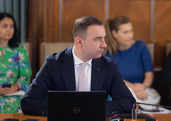
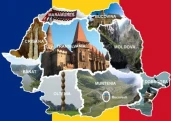
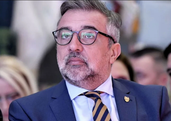

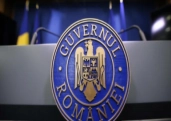


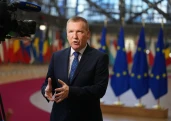



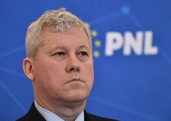
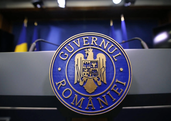



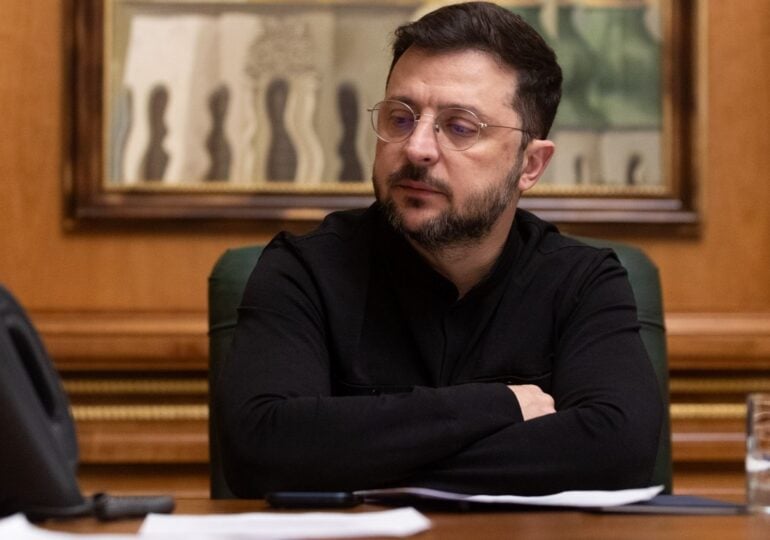

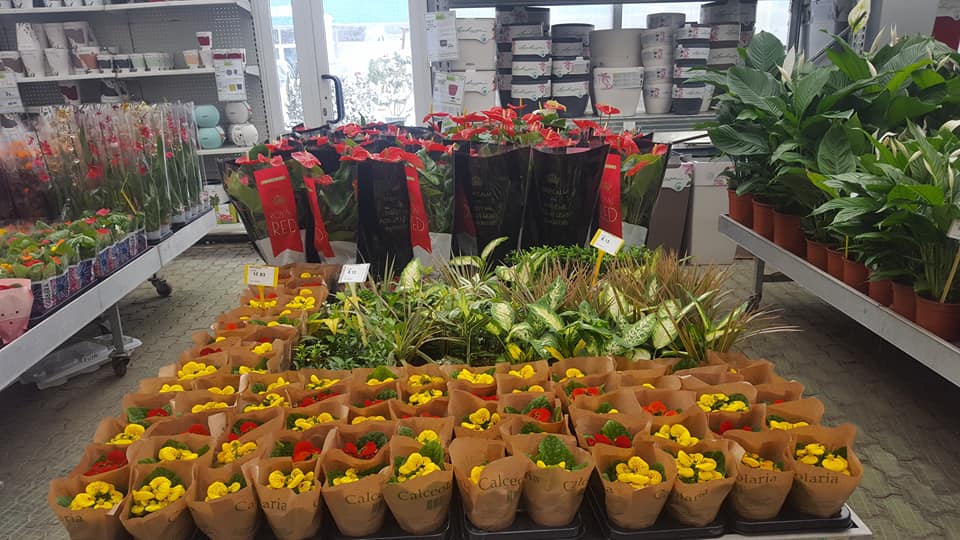




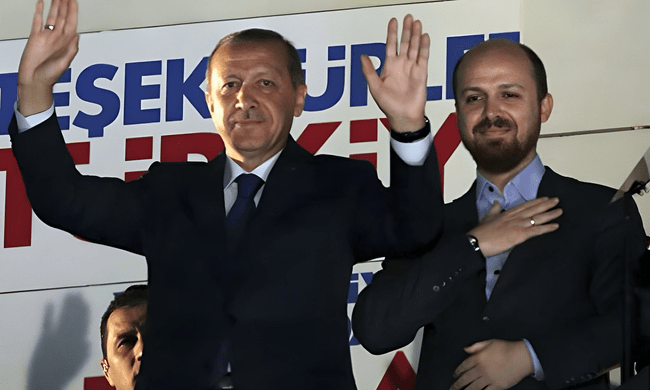



Comentează